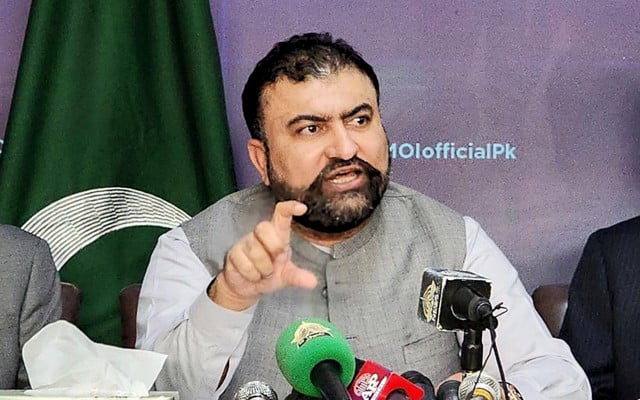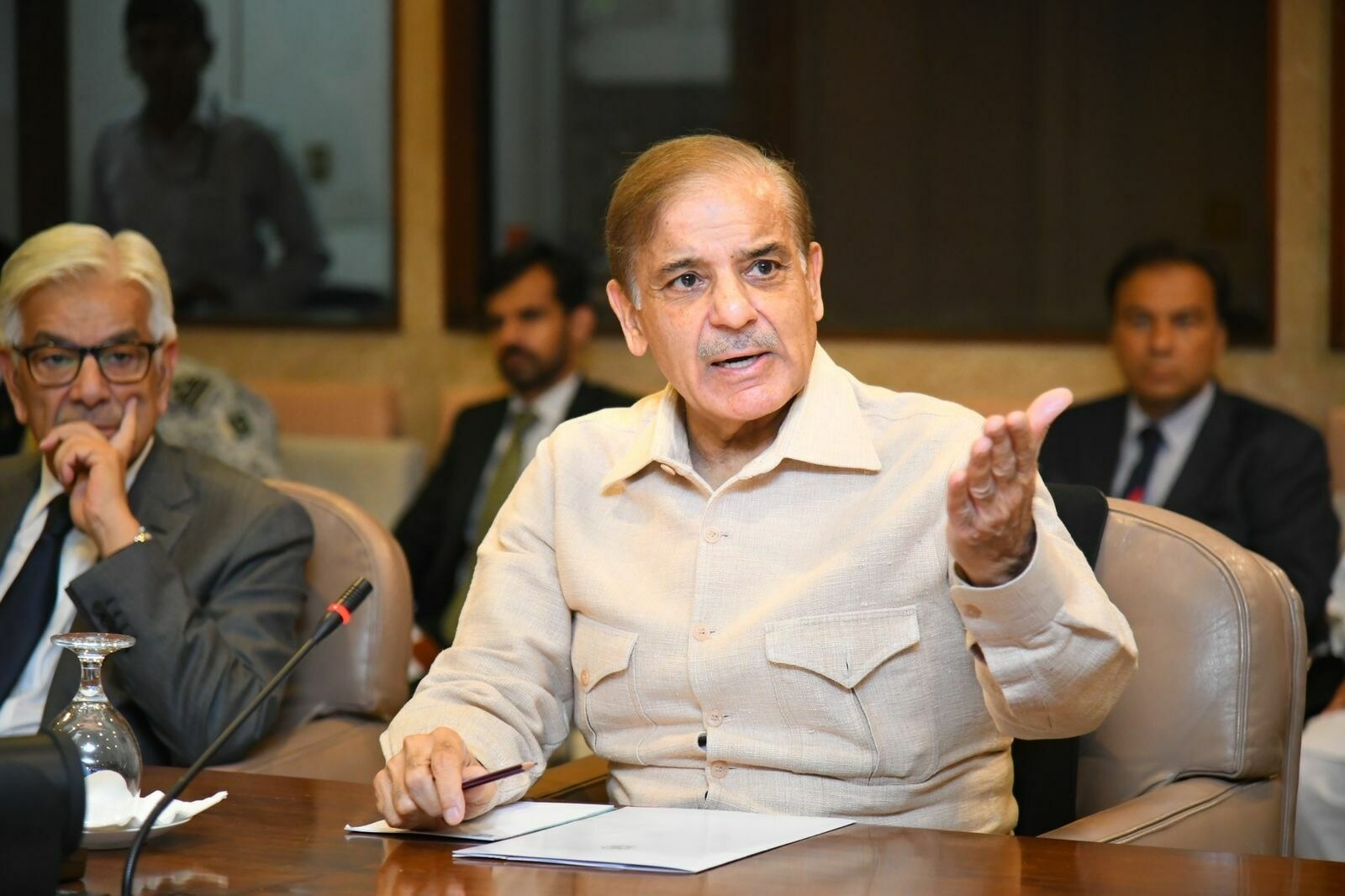PTBP Web Desk
Balochistan’s Chief Minister Mir Sarfaraz Bugti led a critical meeting of the provincial cabinet to address the aftermath and discuss the necessary actions to ensure the province’s safety.
The blast, which resulted in 26 fatalities and left 54 others injured, has prompted swift government action to bolster security and initiate development plans aimed at restoring peace and prosperity to the region.
The bombing, which occurred at one of the busiest transport hubs in Balochistan, has caused shock and grief across the province. Medical Director Dr. Arbab Kamran confirmed that 54 victims were rushed to the Trauma Centre in Quetta, where over 25 were successfully treated and discharged. However, the condition of two individuals remains critical, and 11 others are still receiving medical care. Furthermore, 24 of the most seriously injured were transferred to the Combined Military Hospital (CMH) for specialized treatment. The government has vowed to provide continued support to the victims and their families, as well as ensure that those responsible for the attack are brought to justice.
In response to the tragedy, the provincial cabinet, led by Chief Minister Bugti, expressed deep condolences and solidarity with the victims. The cabinet also committed to intensifying efforts to combat terrorism and improve security across the province. “This attack has left us in mourning, but we will not be deterred. We will continue our fight against terrorism,” said Chief Minister Bugti during the meeting. The provincial government is determined to enhance the safety and security of its citizens by taking decisive action against terrorist activities.
To that end, the Balochistan cabinet approved the Balochistan Security of Vulnerable Establishments Act 2024. This new piece of legislation aims to strengthen coordination between security agencies and define their responsibilities more clearly in order to maintain peace and order. The law is expected to enhance the operational efficiency of security forces and provide them with the legal framework to take swift action against terrorist elements in the region.
In addition to the new legislation, the provincial cabinet approved plans for expanding the security infrastructure. A proposal for the establishment of new police stations in strategic locations such as Rada Shim, Kangri, and under the Chaman Masterplan was also given the green light. These measures are intended to extend the reach of security forces into areas that have been previously underserved, ensuring better protection for vulnerable communities and facilitating the rapid response to security threats.
The cabinet also focused on the development of Quetta, the capital city of Balochistan, which has long been a focal point for both security concerns and infrastructure challenges. Chief Minister Bugti emphasized that Quetta’s growth and modernization are key to ensuring the region’s prosperity. He directed that new police station jurisdictions should align with the public’s need for enhanced security. The Chief Minister also outlined plans to support the Quetta Development Package, which aims to improve urban infrastructure and beautify the city to make it a more livable and secure environment for its residents.
“Quetta represents the face of Balochistan, and we are committed to its prosperity,” Chief Minister Bugti declared. He assured the citizens that the provincial government would immediately allocate funding for urban development projects, which will include road expansions, improved public facilities, and a focus on modernizing the city’s overall infrastructure. These efforts are expected to create jobs, improve public services, and attract investment to the region.
In line with these commitments, the cabinet also approved key appointments to the Balochistan Sales Tax on Services Revenue Appellate Tribunal. This decision is part of the government’s broader efforts to strengthen governance and ensure the effective functioning of provincial institutions. By enhancing the operational efficiency of government agencies, the provincial government hopes to foster better governance and economic growth.
The cabinet’s meeting, which was chaired by Chief Minister Bugti, was attended by several key officials, including the Interior Minister Mohsin Naqvi. On Sunday, Naqvi rushed to Quetta to meet with Bugti and assess the security situation in the aftermath of the devastating attack. The Interior Minister expressed his condolences to the families of the victims and pledged full federal support in the fight against terrorism in Balochistan. “The government is fully committed to strengthening resources for peace in Balochistan and ensuring the eradication of terrorism,” Naqvi stated during the meeting.
In a move to mourn the tragic loss of life, the province has declared three days of mourning. Flags across Balochistan will fly at half-mast, and public gatherings will be held to honor the victims of the Quetta bombing. Both Chief Minister Bugti and Interior Minister Naqvi expressed their determination to ensure that such an incident would not be repeated. They emphasized the need for greater cooperation between federal and provincial authorities to enhance security and prevent future attacks.
The bombing at the Quetta Railway Station has not only underscored the ongoing security challenges in Balochistan but also highlighted the urgent need for a more coordinated approach to counter-terrorism efforts. The provincial government’s swift response, coupled with the support from the federal government, demonstrates a strong commitment to overcoming these challenges.
As Balochistan continues to grapple with security concerns, the provincial government’s focus on strengthening its infrastructure, enhancing law enforcement capabilities, and fostering peace through development projects is a step in the right direction. With the implementation of new laws, the establishment of additional police stations, and the modernization of Quetta, Balochistan is on a path toward a more secure and prosperous future.




